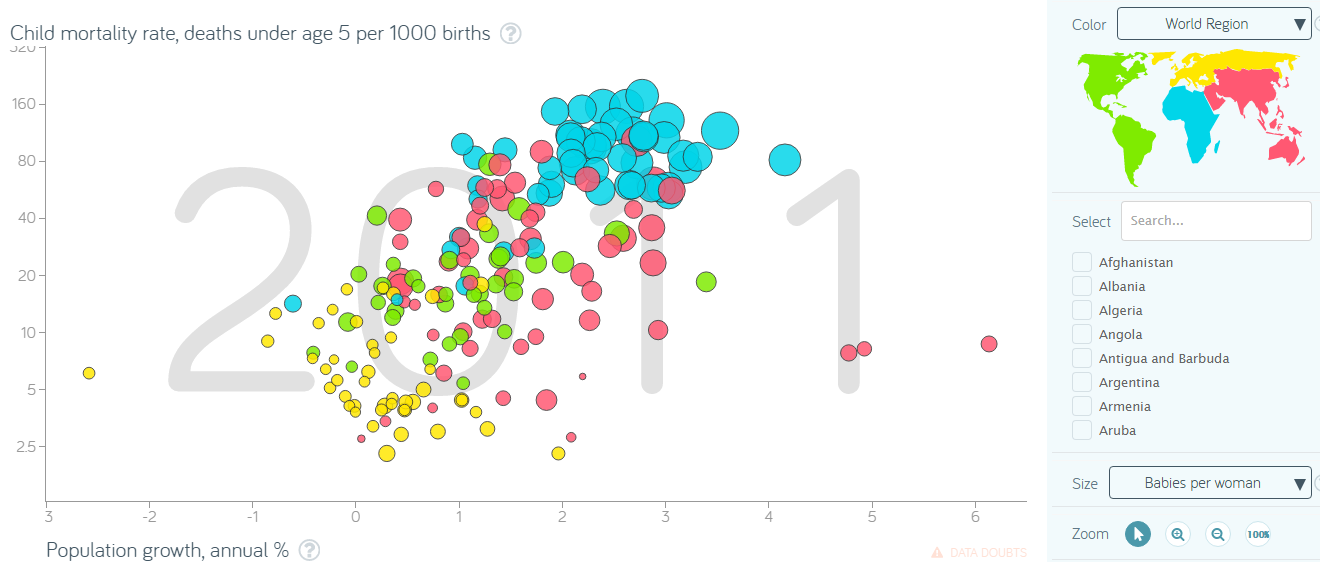This is obviously a difficult question. In fact it’s probably more difficult than you state because you do not indicate either a time frame or a target population number, both of which are necessary to frame a response. So a more complete question should be to ask.... How can we ethically get to X population by Y date. But then you have basked additional questions, “How few?” And “By when?”
So to be controversial and throw out some of my own thoughts (unsubstantiated due to time and space concerns) and to limit it to just the USA. For now I have to leave all “Whys?” aside. If you are curious google “Al Bartlett.” Here goes my modified but more complete question.
“How do we ethically get the USA population down to 150 million, as soon as possible? “
USA population is already declining except the decline is being off-set by immigration resulting in a net population increase. The reason for immigration is to support the idea we require an ever growing economy. That nothing can grow forever should be prima ca is obvious, yet we take it as gospel.
Step 2 is to realize we need to shrink, degrow, the economy. That will sting no doubt but is necessary. It can be partially off set by Artificial Intelligence IF we shift our taxation from employee base to production base.
Step 3 is to drastically limit immigration until we get below the target number.
Step 4 is to remove tax incentives for families, child deductions.
STEP 1 Is a massive public education program that describes the problem and the dangers should we not deal with it. Not unlike the anti-smoking and anti-alcohol campaigns. We need to start treating the public like mature adults and telling the truth.
Obviously I am leaving out great swaths of explanation, of necessity.
